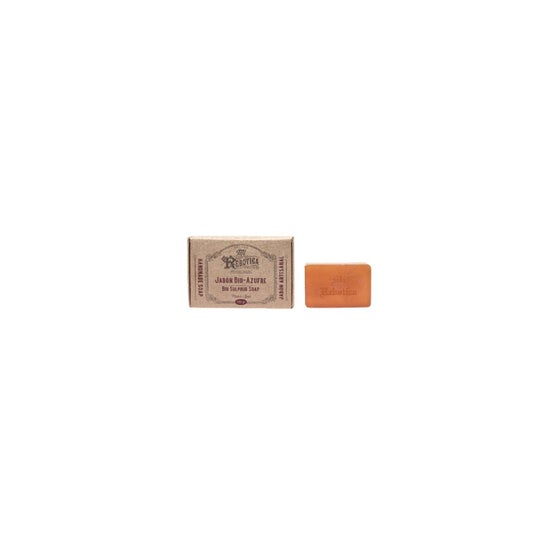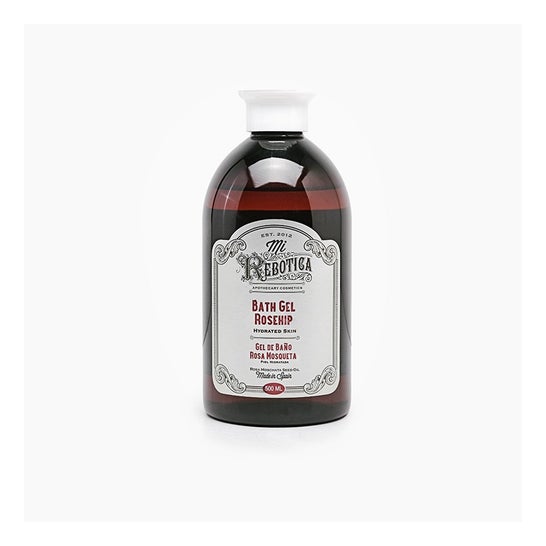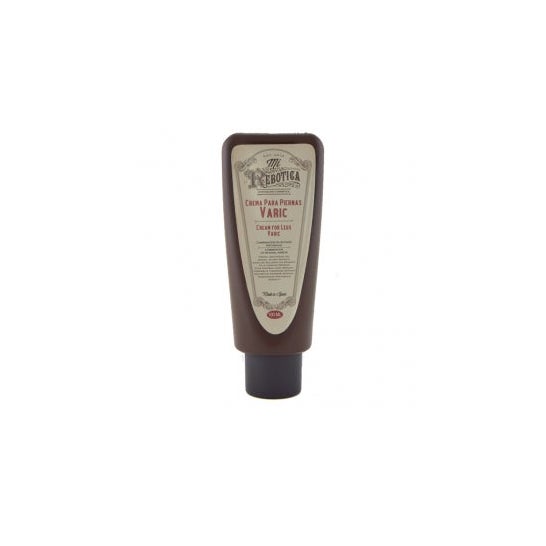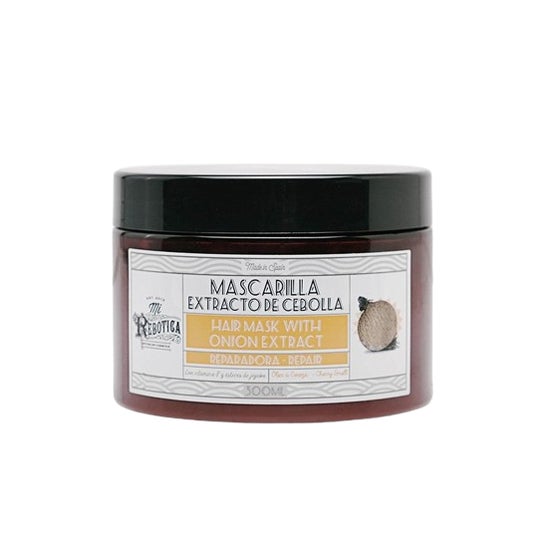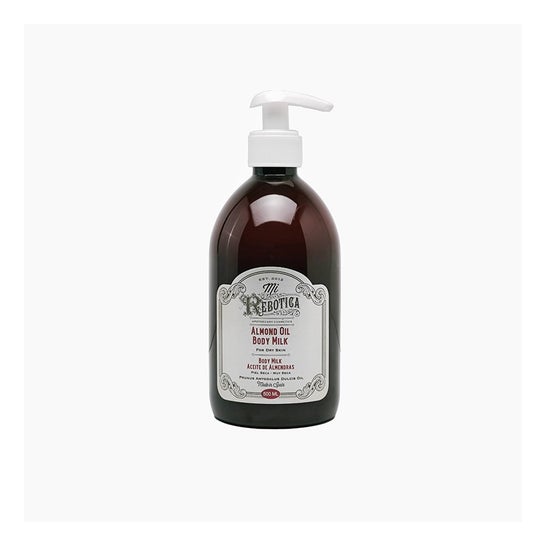You naturally lose an estimated 50 to 100 hairs every day. To detect if your hair loss is higher than usual, you can notice a loss in density or the appearance of lighter areas. You can also often observe more hair in the shower or on your pillow (these last signs are more visible when it is reactional hair loss or due to a season change). On the other hand, if you have an individual predisposition to severe hair loss, such as androgenetic hair loss (more common in men), you should see a specialist.
Moderate or reactional hair loss is usually due to environmental factors, such as changes in weather or intense solar radiation, and/or individual factors, such as sustained stress, postpartum, certain vitamin or iron deficiencies, certain drug side effects or after a period of recovery. The first thing you must ensure is a correct supply of all the nutrients necessary for hair growth through a balanced diet. If you need a boost, take a specific dietary supplement.
Secondly, cosmetic products applied topically to the scalp (lotions and ampoules) can promote microcirculation and the availability of nutrients in the hair follicles or birth points. If you have doubts about which type of product is the most suitable in each case, consulting a professional is advisable.
Finally, correct hair care habits are measures that can help to avoid aggravating any kind of hair loss. These habits include: the use of a mild shampoo or one that is labelled "anti-hair loss"; avoiding aggressive hair handling and strong brushing, rubbing the scalp vigorously with a towel when drying or wearing very tight hairstyles; as well as avoiding subjecting the hair to intense and frequent thermal treatments (such as hair straighteners or blow drying at high temperatures).
If the problem persists, it is essential to consult a healthcare professional.







